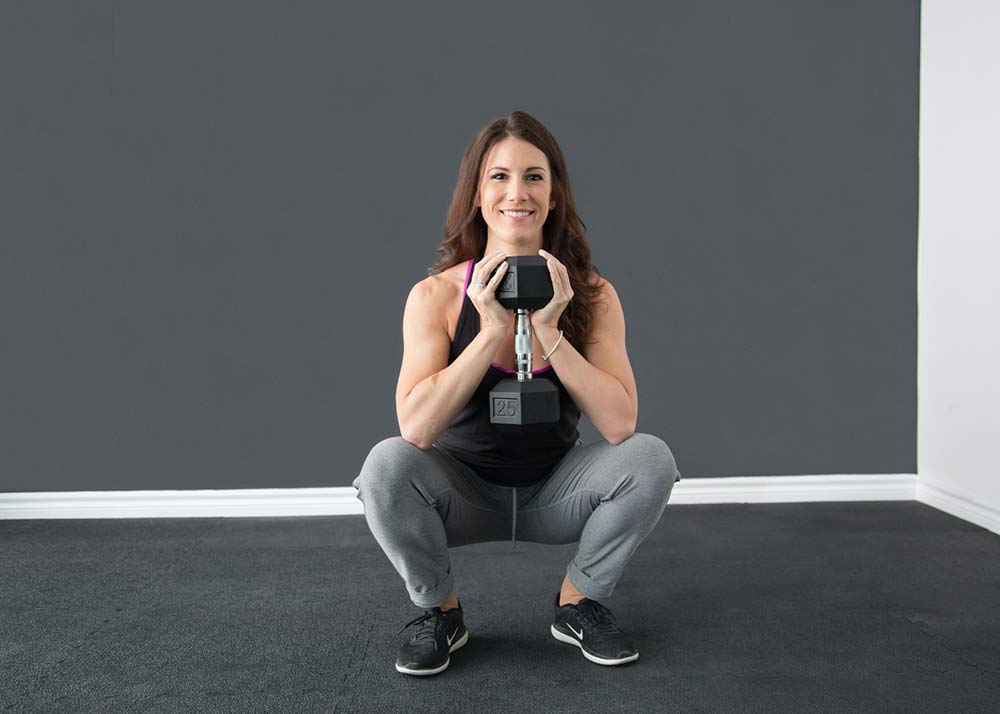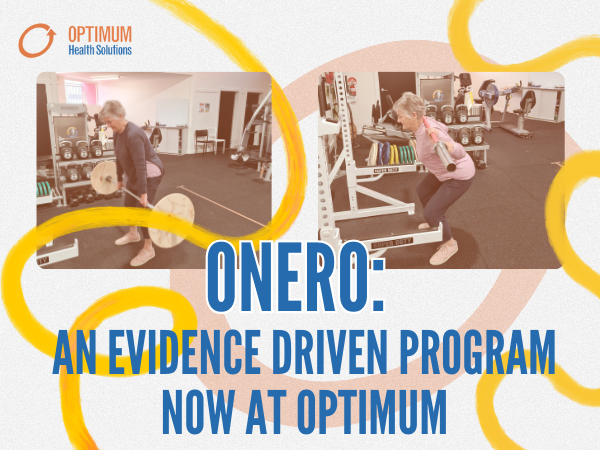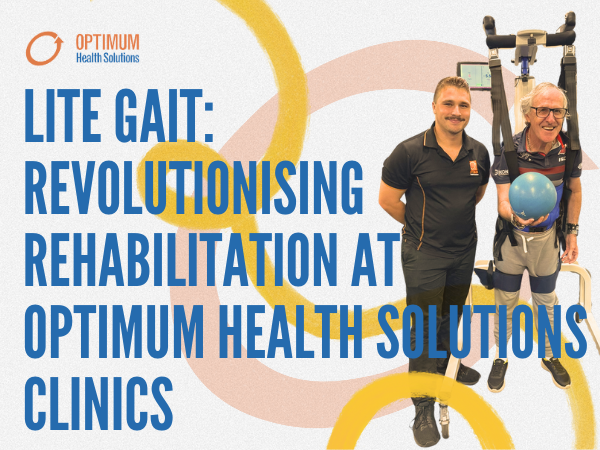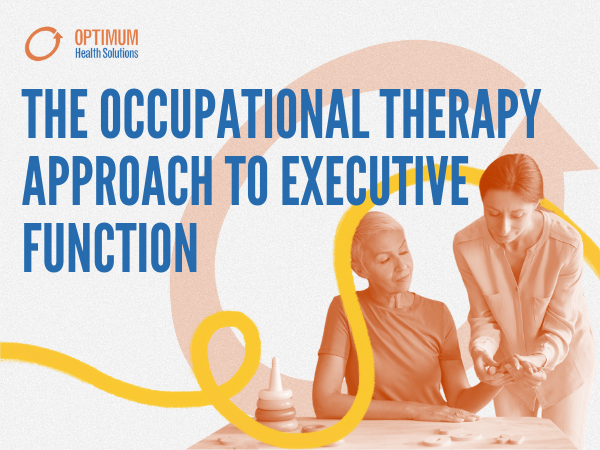You may have heard the adage about squatting and knees, which may have gone something along the lines of “squatting is bad for your knees”. Well I am here to tell you that that is 100% false. Nothing could be further from the truth. So let’s look at the facts and separate fact from fiction.
The human body is an incredibly resilient system which will respond and adapt to environmental stresses. In this way, human tissue will respond to load subjected to it. The most obvious example of this is muscle. If you load a muscle by conducting structured resistance training, the muscle will grow larger and stronger. What you may not know is that other tissues will also respond to load.
Bone mineral density substantially increases following ongoing loading. This loading may take the form of body weight exercise or resistance training. In fact, part of an evidence based treatment protocol for osteoporosis (most commonly found in post menopausal women) is an exercise program designed to subject the weight bearing bones to load so that they reformulate stronger and with increased density. This will substantially reduce the risk of fracture or break.
Articular cartilage is found on the ends of bones which make up joints. This is to reduce friction in joints and to allow them to move in a smooth and coordinated manner. Reduced articular cartilage is found in osteoarthritis, a painful condition characterized by stiff and painful joints. Recent evidence has shown that articular cartilage will secrete particular enzymes when subjected to a load. These enzymes facilitate rejuvenation of the cartilage and ensure it receives adequate nutrition and thus remains healthy. An exercise program which loads the articular cartilage of weight bearing joints (such as the knees) is preventative against the onset of osteoarthritis and other articular cartilage disease.
Now you may have heard that deep squatting places large forces through the patellofemoral joint. This is certainly true and well substantiated in literature. However, a structured program involving squatting with correct technique, appropriate volume and adequate recovery time between sessions will allow your body to grow stronger without the risk of overuse syndromes. The muscles which function to move the knee joint, the bones which make up your knee joint and the articular cartilage within the joint will all remodel with correct squatting to simply function better.
To find out more about squatting and how to improve your body, make an appointment to see a Physiotherapist or Exercise Physiologist at Optimum Health Solutions today by calling us on (02) 8599 6275.








